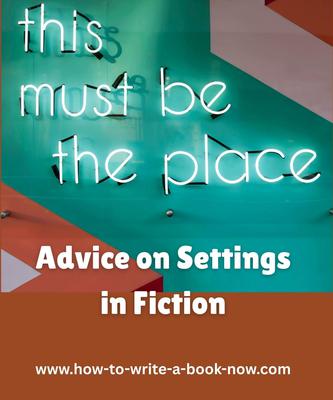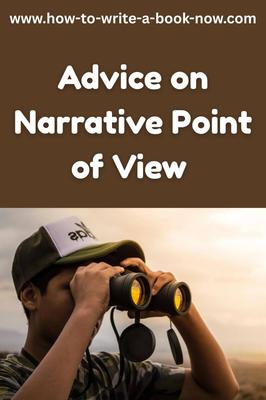Writing something you are not
Question: This is driving me insane! I need help about writing things into my stories that I've never experienced before myself. I know the logical thing is "well, experience them then!", but I'm talking about things like... say, writing a genius character when I am obviously not a genius, or a master swordsman or fighter when I have never practiced sword arts or martial arts, or a musical genius when I can't even play "happy birthday" on a tambourine! This is the most serious roadblock my writing has and I would really appreciate some help. Thanks in advance!
Answer: If you don't know anything about swordsmanship, find out. You don't have to become an expert, but there are many books on the subject that will help you. It is still a sport practiced in many places (and I don't just mean fencing), so you might be able to find some experts to learn from. At least master enough of the vocabulary to sound like you know what you're writing about - and to avoid obvious blunders. The best writers of things like historical fiction are people who love the period they're writing about so much that they make it their hobby to learn as much about it as they can.
If that sounds daunting (and it is at first), it is also true that writers sometimes get away with writing about things they don't know enough about. For instance, the book Eragon contains a great example of sword training in which it seems obvious that the writer knows
As for the other issue... You don't have to be a genius to write about one, though it helps. The important thing is to know how a genius sounds to other people.
For instance, take a look at a recent episode of Dr. Who or House or The Big Bang Theory, all of which feature characters who are geniuses. Not every real genius talks a mile a minute and uses vocabulary that leaves other people scrambling to catch up. Some are actually quiet and soft-spoken. Some stupid people can talk like they're smart. And not everything these TV geniuses say is actually brilliant. But the effect of writing them as such impresses the viewer with the character's intelligence.
Sometimes too, the really brilliant things your fictional genius says or does don't have to be explained in full detail. If you want your character to invent a time machine, you don't need to have him show the math to prove it's possible. You can just have him do it and let the results speak for themselves.
Also, you have one advantage. You can take all the time you need to come up with brilliant things for your genius to say or do or know. In the book, you can have your genius spout these ideas instantly and effortlessly, and that quick thinking will convey the idea of superior intelligence.
- Home
- Writing Questions
- Writing something you are not















